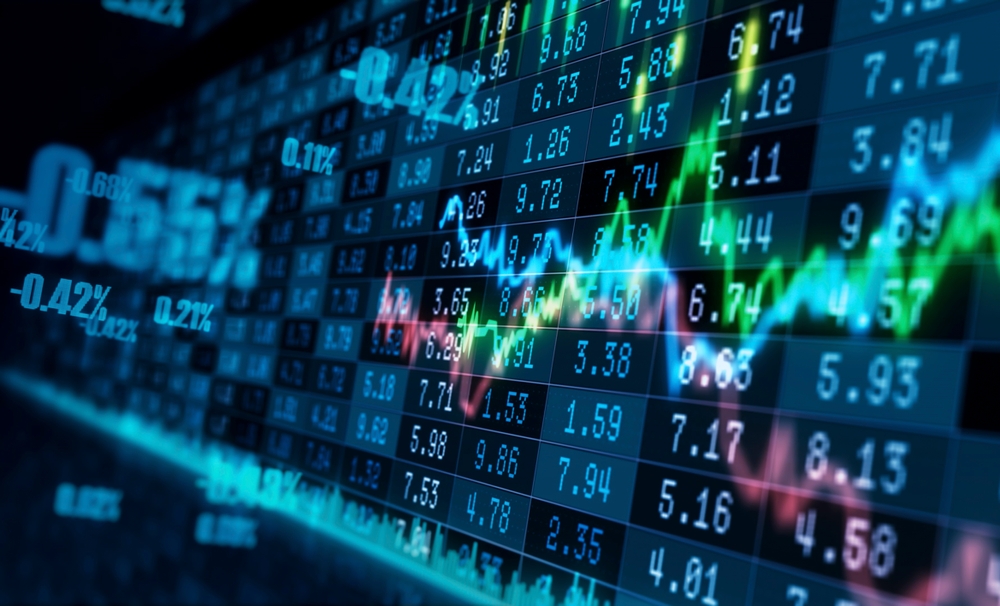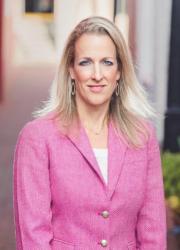It’s that time of year again! Longer, warmer days hopefully bring a little more downtime for summer reading. Whether you’re reading them in a hammock or at poolside, these books are exciting and relevant and will keep your mind engaged during the dog days of summer. Even as the season offers a slight reprieve from the daily grind, policymakers aren’t slowing down. It’s a perfect time to dive into some economics books that can help us navigate the turbulence of current policy and politics. Here are my summer picks.
- Mere Economics: Lessons for and from the Ordinary Business of Life by Art Carden and Caleb S. Fuller. The authors make the Christian case for commerce and exchange by illustrating key economic principles. When applied to issues significant and minor, in both our personal lives and the realm of national policy, these principles can significantly enhance our well-being and enable us to contribute to the common good through service to others. We can make sense of the world and know that God provides us with steadfast principles to navigate what would otherwise seem like a chaotic world. Economic thinking illustrates that we each have opportunities to use our God-endowed gifts, or human capital, to make contributions to human flourishing. This is an inspiring and accessible read for those new to economics and pros alike, reflecting on the extraordinary in the ordinary. Have you ever wondered where your hamburger came from? Using the language of C.S. Lewis, the authors remind us that, just as there are no ordinary people, there are also no ordinary hamburgers—they are almost miraculous. Waste no time getting this on your shelf and order a burger while you enjoy it. You can read the full review by Clara Piano, published by Religion and Liberty Online, here.
- The War on Prices: How Popular Misconceptions about Inflation, Prices, and Value Create Bad Policy, edited by Ryan Bourne, senior economist at the Cato Institute. Bourne has curated a list of top economists to contribute chapters on what everyone should understand: price theory. At its core, economics is the study of how we humans make decisions under conditions of scarcity and radical uncertainty. The knowledge we require is always beyond our limited reach and decentralized. And the role of prices in a market economy is to act as both signals and incentives. The emergence of these decentralized signals is at the root of price theory. We cannot determine whether policies that alter market prices are productive if we do not understand how prices emerge and their function. Minimum wage and rent controls may sound like effective ways to help those with lower incomes. But they’re still price controls, which distort economic outcomes, create winners and losers, and alter incentives. These policies end up hurting the very people they intend to help. The laws of economics and unintended consequences are steadfast. Bourne presents the implications of price manipulation in a practical and easy-to-understand manner. The War on Prices serves as a warning: We must reconsider the essential role of prices rather than declare war on them through policies that may sound good but cause harm.
- Defending Globalization: Facts and Myths about the Global Economy and Its Fundamental Humanity, edited by Scott Lincicome and Clark Packard, is packed with 25 chapters written by prime trade economists and could not have arrived at a more critical time. The book begins with an explanation of the fundamentals of globalization, including trade theory and the benefits of mutually advantageous exchange, dating back to David Ricardo and Adam Smith, and continue through the modern globalization debate. It concludes with the effects of globalization on our daily lives. In sum, driven by free trade, low tariffs, and technological advancements, globalization delivers a wide range of benefits, from affordable household goods and diverse clothing choices to advanced medical technology and food abundance. Trade, however, is more than just physical goods. Trade pacifies by providing an avenue by which we build social trust within and across borders. Hayek and Mises reintroduced the word catallaxy to illuminate the full effects of market trade: It brings people into the community. Global trade relies on our natural interdependencies and fosters diversification and innovation within an economy. This book does not require that you read it from beginning to end; you can pick and choose essays based on your interests. It’s a survival guide to navigating today’s ever-changing and whiplash-inducing rollercoaster ride of trade policy.
- Be Good Bankers: The Economic Interpretation of Matthew’s Gospel, with a Fresh Translation by Michael Pakaluk, a Harvard-trained philosopher and professor of political economy at The Catholic University of America’s Busch School of Business. Pakaluk argues that we should emulate bankers, who are often viewed with malicious disdain, so we can better understand and fulfill God’s will. It offers a fresh and vital ecumenical and exegetical understanding of Scripture, with practical applications for daily living and wise stewardship. There is much that those of us outside the banking sector can learn about how the prescriptive banking practices found in Scripture can inform responsible stewardship—and not only of our financial resources. Qualities such as honesty, virtue, prudence, an eye for justice, accurate accounting, honoring obligations, and creating value through our talents are required of each of us, and Pakaluk makes a compelling case that we should read the Gospel of Matthew in light of these principles. You can read my whole Religion and Liberty Online review here.
- The Triumph of Economic Freedom: Debunking the Seven Great Myths of American Capitalism by U.S. Senator Phil Gramm and Donald J. Boudreaux, George Mason University professor of economics. This dynamic duo has been defending free trade in both the classroom and the halls of Congress for decades. They come armed with first principles: Trade creates value and increases wealth. A capitalist economy is one in which private property rights are secure, and people invest and purchase without compulsion. This system has saved millions of lives worldwide, wherever it has been implemented, but it requires economic freedom. But wait—if capitalism is so great, why does it have such a bad reputation? Gramm and Boudreaux get to the heart of the matter, which is the perpetuation of myths about capitalism fueled by policymakers and journalists. These myths are all too familiar and range from “The Industrial Revolution was the cause of entrenched inequality” to “Capitalism caused the Great Depression.” This book has arrived at just the right time, when capitalism is under assault by contingents on the left and the right. For more, see Acton affiliate scholar Samuel Gregg’s excellent review in The Wall Street Journal.
No matter your plans for the summer, these books are worth your time. If you’re attending Acton University this week, several of these titles are available in the bookstore—be sure to stop by. If not, Amazon is ready and waiting to deliver them to your front door. Happy reading!

